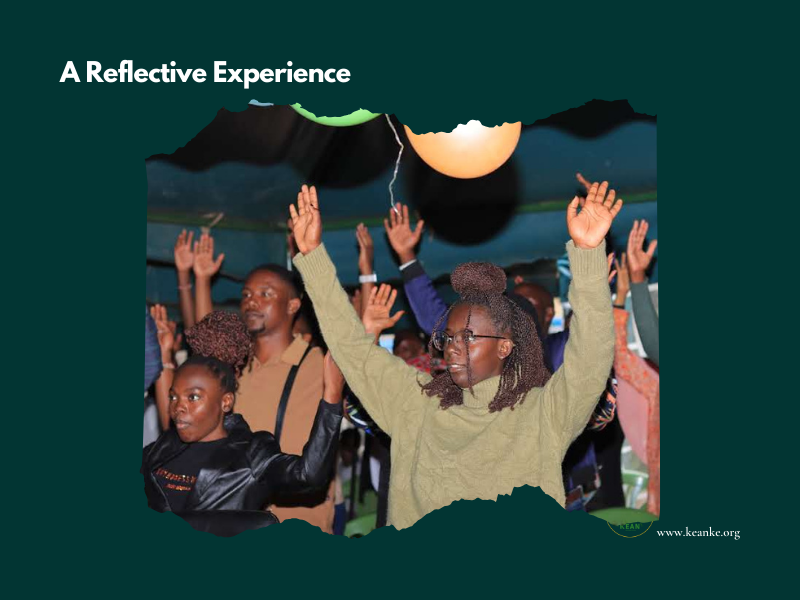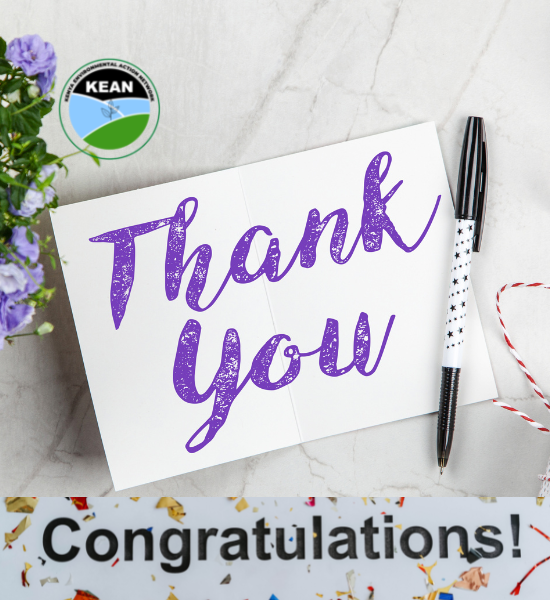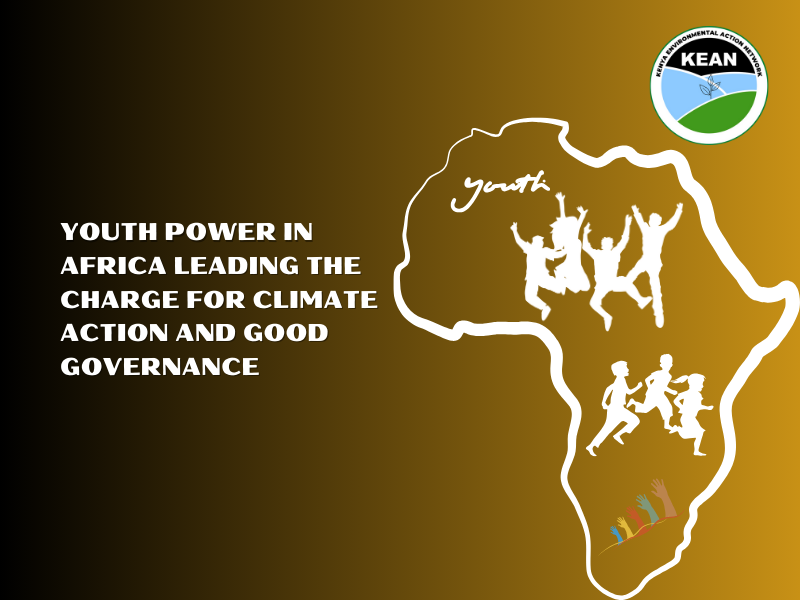On August 31, 2024, I had the honor of attending the Green Gold Youth Climate Summit, which took place at Memorial Park in Nairobi. The summit focused on the theme of “Green and Sustainable Living” and brought together young leaders, environmental activists, and experts to engage in important conversations about climate action and sustainable solutions.
As a rapporteur, my role involved documenting the discussions and insights that arose during the event. The summit commenced with a moving poetry performance by Amondi, highlighting the issue of climate change and the empowerment of young people. The poem effectively conveyed the urgency of the climate crisis and underscored the essential role of youth in addressing these challenges. Amondi’s words served as a reminder that the decisions made today will significantly impact future generations, emphasizing the crucial role of youth voices in shaping a sustainable future.
Key Recommendations
Following the summit’s discussions, the following key recommendations were made:
1. Capacity-building Workshops: It is important to provide young people with platforms to express their thoughts on climate change and empowerment.
2. Promote Art as Advocacy: Embrace poetry and other forms of art as mediums for raising awareness on pressing social issues.
3. Collaborative Efforts: Encourage partnerships between youth organizations and environmental groups to strengthen advocacy and awareness.
Insights from KEAN International’s Address
During one of the day’s most insightful speeches, KEAN International’s Executive Director, Paul Kaluki, focused on Youth Engagement and Meaningful Conversation. Kaluki highlighted the crucial role young people play in climate action, emphasizing that they are not just future leaders, but current change-makers. He emphasized that youth-led projects such as community gardens, recycling initiatives, and awareness campaigns are already making an impact.
Kaluki stressed the importance of building a strong foundation of knowledge around climate change through research and learning. With data-driven insights, young people can more effectively participate in conversations and negotiations. He reminded the audience that they have a narrative to share and must own and tell their stories to inspire others.
A key point was the need for young people to seize opportunities in innovative conservation, such as vertical gardening, sack farming, and regenerative agriculture. Most importantly, Kaluki urged young people to have a clear vision, to listen to one another, and to create safe spaces for growth and collaboration.
Noteworthy Quotes
“Young people are there to lead, not just be in the room to listen.”
“Take the space and tell your story; no one can tell it better.”
“Fight the imposter syndrome. Be the star in this dark world—do not fear.”
“Collaborate with those who share your vision. Engage, share, and create intentional spaces for conversation and growth.”
Emphasizing Global Cooperation
The summit highlighted the importance of international collaboration in addressing climate change.
Kaluki mentioned frameworks such as the United Nations Framework Convention on Climate Change (UNFCCC), the Convention on Biological Diversity (CBD), and the United Nations Convention to Combat Desertification (UNCCD). These frameworks stress that climate change, biodiversity loss, and land degradation are interrelated challenges that require a unified, global approach.
His message was clear: while climate change is a global issue, its effects are most keenly felt at the local level. Partnering with global stakeholders increases the ability to address climate crises while ensuring that solutions are adaptable and practical for local contexts.
Paving the Way for Sustainable Living
Another key theme at the summit was accelerating the transition towards sustainability. Kaluki stressed the importance of developing youth-centered policies and creating opportunities for young people to thrive. He encouraged youth-led projects to track their progress through data recording and frequent evaluation, allowing them to share insights with partners and receive guidance to enhance their efforts.
Kaluki argued that big organizations must trust youth-led initiatives and provide the space for young people to showcase their abilities in conservation.
Panel Discussions and Closing Reflections
The summit included various speeches, such as one by Mwendwa from SCI NAC, which focused on integrating scientific solutions with indigenous knowledge for community-driven, sustainable development. He discussed key themes such as food security, renewable energy, and environmental conservation, all of which are crucial for achieving sustainability at the grassroots level.
Michael Duto from KIUESA highlighted the role of technology in environmental conservation and encouraged students to take advantage of opportunities to become future leaders. Victor Ominde, Director of Green Gold, concluded the summit by reflecting on critical issues related to climate change, especially food security and urban farming. He stressed the importance of climate financing and the adoption of policies that support environmental activists.
Conclusion
The Green Gold Youth Climate Summit was an empowering and insightful experience that highlighted the significant role of youth in promoting sustainable change. As a member of KEAN International, I left the summit feeling inspired by the collaboration, innovation, and passion of my peers, and I am encouraged by the practical steps we can take toward creating a greener future. The ideas shared at the summit will energize our efforts as we persist in advocating for climate justice and environmental conservation.
Author
Jacinta Mwanzia – KEAN International Member
We thank Jacinta for sharing this insightful blog post and for her continued efforts in championing youth leadership in climate action.



